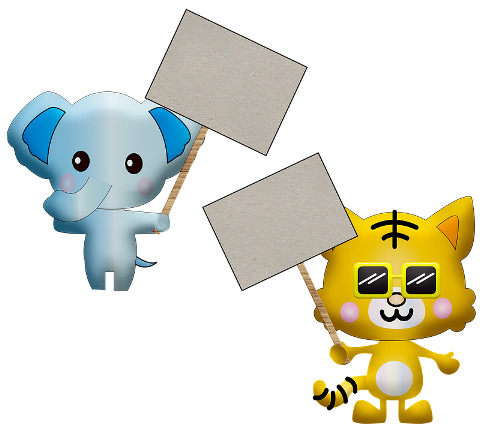Literature Conundrum – Top 5 Differences Between Fiction And Non-Fiction

When it comes to writing a book or novel, there are specifically two genres of writing; fiction and nonfiction. Some writers prefer writing fictional stories while others prefer writing nonfictional write-ups and anecdotes. Many authors are well-skilled at writing both fiction and nonfiction books. It completely depends upon a writer’s discretion to write fiction or nonfiction.
The scope of fiction is infinite. An author can make a story out of nothing and everything by simply using his imagination. In fiction, a writer gets an ample amount of creative liberty to express his thoughts. But, he needs to be a bit realistic while writing nonfiction. Nonfiction books deal with real events, so he is expected to state the truth.

Fictional books include a wide variety of topics like mystery, science-fiction, supernatural, crime thrillers and many more. George Orwell’s Animal Farm, a purely fictional book, caused much hullabaloo across the world. It was because of its hard-punched theme that glorified socialism and condemned capitalism.
Such is the power of a fictional book!
Nonfiction books mainly include a biography, autobiography, religious event, science, arts and crafts, and self-help books. Writing on poverty, travelogues, politics, and micro or macroeconomics is also included under the nonfiction category.
Mahatma Gandhi’s My experiment with Truth, Anne Frank’s The Diary of a Young Girl, Maya Angelou’s I Know Why The Caged Bird Sings, etc., are some of the popular nonfiction books.
Top 5 Differences Between Fiction And Nonfiction
Thought Process
Writing or any arts and crafts requires subtle use of creativity and skills. In fictional books, an observation, writer’s own perspective, imagination and background research are essential elements to make the book readable and interesting.
Contrarily, non-fiction books are all about real events and true stories. So, one’s own experience, surroundings, memory are extremely important to cater to the reader’s needs. The art of storytelling is also an essential factor that ensures readability and striking a chord with the readers.
Characters
All characters in nonfiction books are real. They may or may not be alive at the time of writing, but somehow the writer must have some knowledge about them.
On the other hand, fictional books are full of unreal people, animals, or other beings. For example; Harry Potter!
Use of Creative Expressions
The use of creative expressions is much more fluent in fiction books than nonfiction novels. But there is no specific rule on this. Many nonfiction writers also use a lot of metaphors and similes in their real stories and anecdotes. The use of metaphors makes a book more appealing while emphasizing the writer’s words in their true spirits.
The terms like Crusade against international terrorism, Poverty has no face or the buck stops here and so on are some of the popular metaphors and creative expressions that you will often find in nonfiction work.
Reference
Any fact or statement given in a nonfiction book needs to be corroborated with facts and real-life evidence from viable sources. A nonfiction book can’t mention anything that is untrue. The book has to provide a list of citations, sources, and references to verify and validate what’s there in the book.
However, when it comes to fiction, no reference is needed anywhere in the book! A fictional writer is as free as a bird.
They can write whatever they want to. There are no restrictions or rules in fiction.
Information and Knowledge
Readers pick a nonfiction book to gain some insight into a real event or anecdote. These books educate readers with the right amount of knowledge and information. A reader should feel enlightened after he or she finished reading a non-fiction work.
But, fictional books are under no obligation to inform or educate readers. They are purely written for creative freedom, expression and entertainment.
The Conclusion
In reality, both fiction and nonfiction books are essential. And as the saying goes, ‘No study ever goes in vain,’ it holds true in its literal sense too.
Whether you read any fiction or nonfiction books, either of them will help you become enlightened, rational, educated and creative.

Fiction and nonfiction books have a considerable fan-base across the globe. A wide range of copies of both fiction and nonfiction books are sold round the clock. So, they complement each other, and must not be seen as competitors.
Literature won’t survive without either of them! If literature is supposed to be a garden, then fiction and nonfiction books form the part of its colorful flowers and leaves that make it more resplendent, blissful and aromatic!





